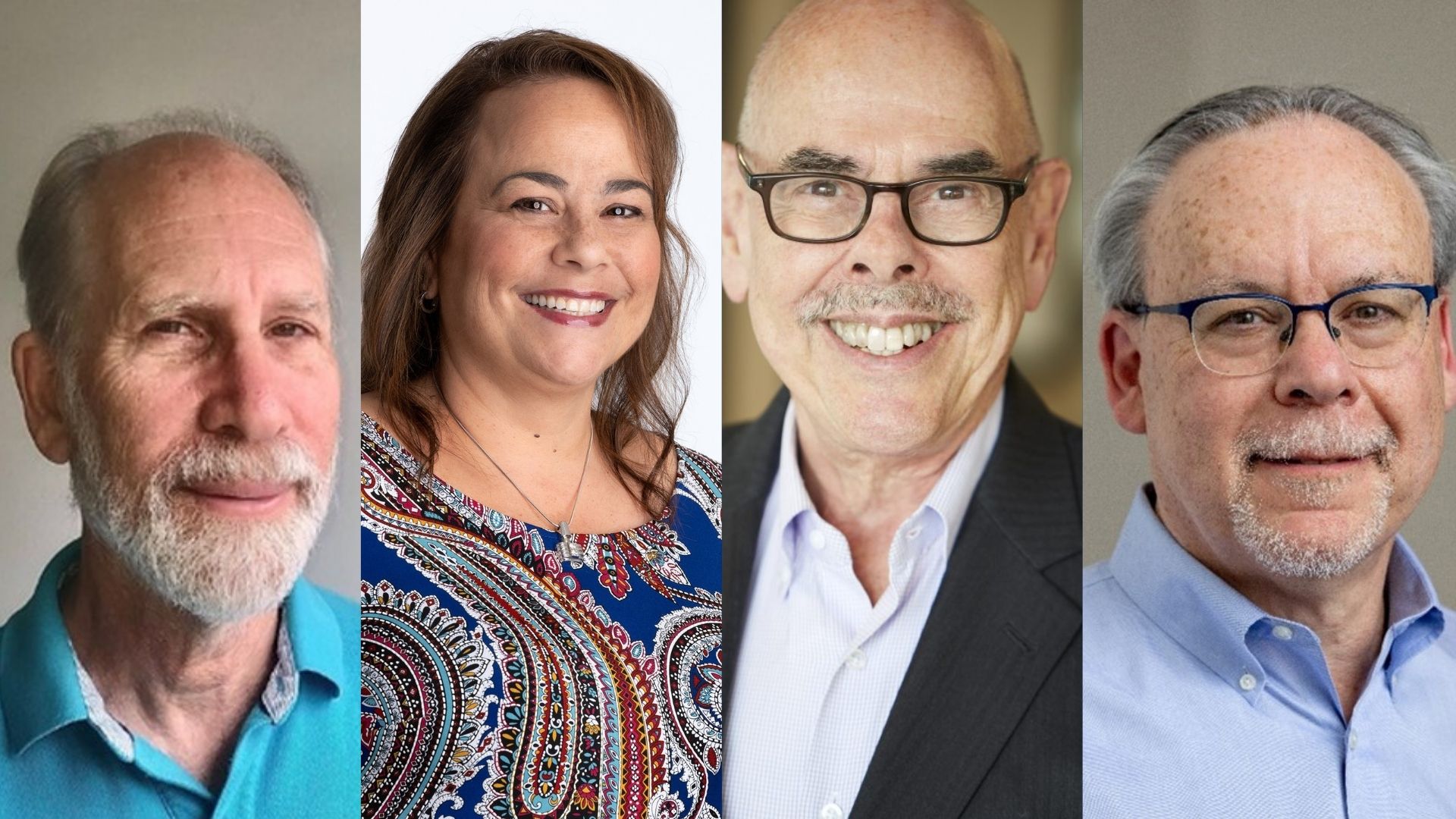
Challenges Regulating the Tobacco Industry
Open Events
Friday, January 24, 2025
12 - 1 p.m. ET
Through a long history of product manipulation and misinformation, the for-profit tobacco industry has attempted to evade tobacco control policies. How can tobacco regulators and policymakers better anticipate industry responses to new regulations? What lessons from business and economics might regulators employ to forecast the total effects of new tobacco restrictions. We discuss these questions in the context of the current tobacco landscape, including the potential ban of methanol cigarettes and the industry pivot towards e-cigarettes. More generally, we discuss the question of what should be expected to for-profit corporations with respect to the health implications of their products. Is the tobacco industry unique in its behavior in its behavior? Are there lessons from other industries that may guide tobacco regulators?
Panelists:
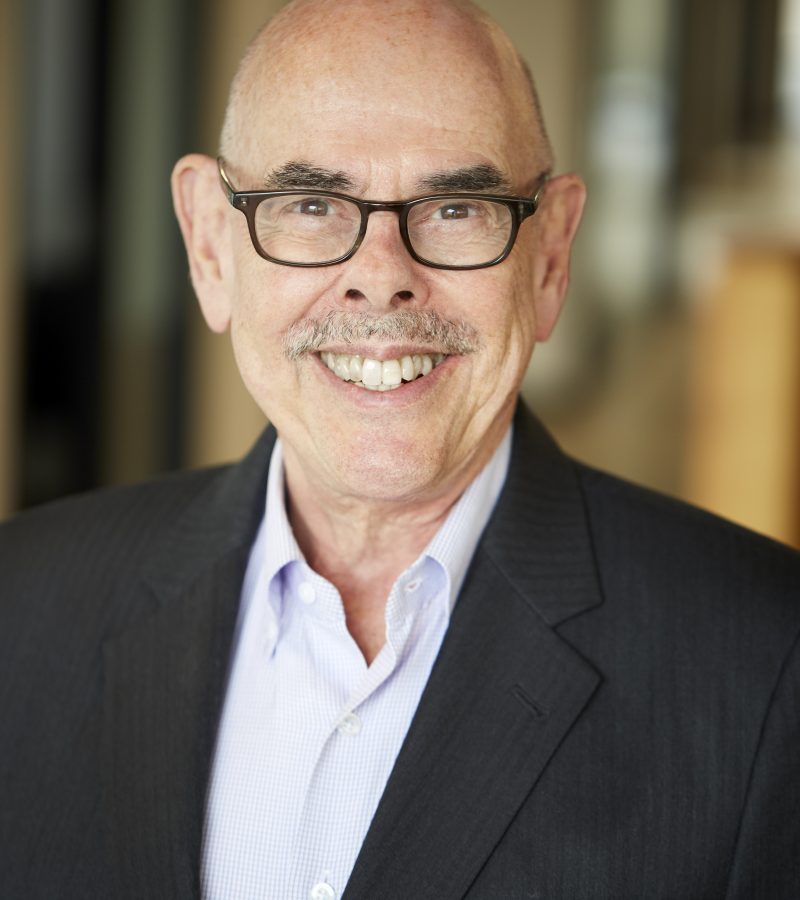
Henry Waxman, Former Representative and Chairman at Waxman Strategies
Representative Henry A. Waxman currently serves as Chairman at Waxman Strategies, a public affairs and strategic communications firm. He advises clients on public policy and continues to focus on the issues he championed while in Congress, including health care, environment, energy, technology and telecommunications. In addition, he serves as a Regent Lecturer for University of California, Los Angeles, and as an advisor and lecturer at the Johns Hopkins Bloomberg School of Public Health.
Previously, Henry spent 40 years serving in the House of Representatives. He had the distinction of serving as Chairman and Ranking Member of the Energy & Commerce Committee and Committee on Oversight & Government Reform. He also served as Chairman and Ranking Member of the Energy & Commerce Committee’s Subcommittee on Health and the Environment.
Henry’s legislative work and tenacity has earned him recognition as “one of the most accomplished legislators of our time” by Washington Post columnist Harold Meyerson and “tougher than a boiled owl” by Senator Alan Simpson when pushing for passage of the landmark Clean Air Act Amendments of 1990. Click here to learn more about his long record of accomplishments and see what others have to say.
Henry is the author of The Waxman Report: How Congress Really Works.
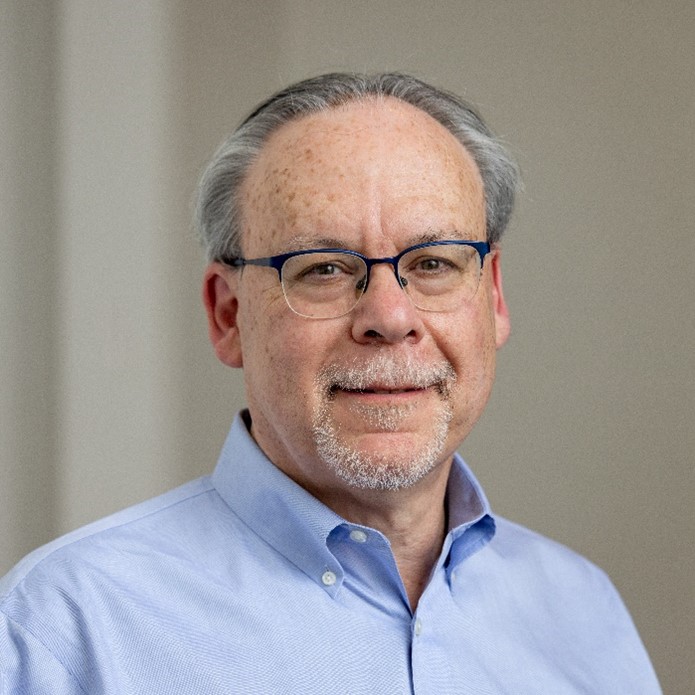
Mitch Zeller, J.D., Former Director of the Center for Tobacco Products, FDA
Mitch Zeller, J.D., retired from federal service in April 2022. He was the director of the FDA's Center for Tobacco Products from March 2013 through April 2022. As Center Director, Zeller led FDA's efforts to use the tools of product regulation to reduce disease and death from tobacco use and bring previously unavailable information about its dangers to light. He created a comprehensive regulatory program encompassing application review, innovative regulatory policy, compliance and enforcement, public education, and regulatory science research.
Zeller, a graduate of Dartmouth College and the American University Washington College of Law, worked on FDA issues from 1982 until his retirement in 2022. He began his career as a public interest attorney in 1982 at the Center for Science in the Public Interest (CSPI). In 1988, Zeller left CSPI to become counsel to the Human Resources and Intergovernmental Relations Subcommittee of the House of Representatives Government Operations Committee where he conducted oversight of enforcement of federal health and safety laws.
In 1993, Zeller joined the staff of then-FDA Commissioner Dr. David Kessler, M.D. What began as a two-week assignment by Kessler in 1994 to examine the practices of the tobacco industry led to his serving as associate commissioner and director of FDA's first Office of Tobacco Programs. Instrumental in crafting the agency's 1996 tobacco regulations, Zeller also represented FDA before Congress, federal and state agencies. Zeller also served as an official U.S. delegate to the World Health Organization (WHO) Working Group for the Framework Convention on Tobacco Control.
In 2000, Zeller left FDA to continue his work for tobacco control as executive vice president of the American Legacy Foundation. His responsibilities there included marketing, communications, strategic partnerships, and creating the foundation's first Office of Policy and Government Relations. In 2002, Zeller joined Pinney Associates where, as senior vice president, he provided strategic planning and communications advice on domestic and global public health policy issues involving the treatment of tobacco dependence and the regulation of tobacco products and pharmaceuticals. He left Pinney Associates in 2013 upon his return to FDA as Center Director.
In 2023 he joined Qnivoa, Inc. as an advisor. Qnovia is a start-up pharmaceutical company developing an inhaled smoking cessation product that it intends to seek authorization for marketing in the U.S. and the U.K. In 2023 Zeller was also made an Affiliate Member of the Koop Institute at Dartmouth College.
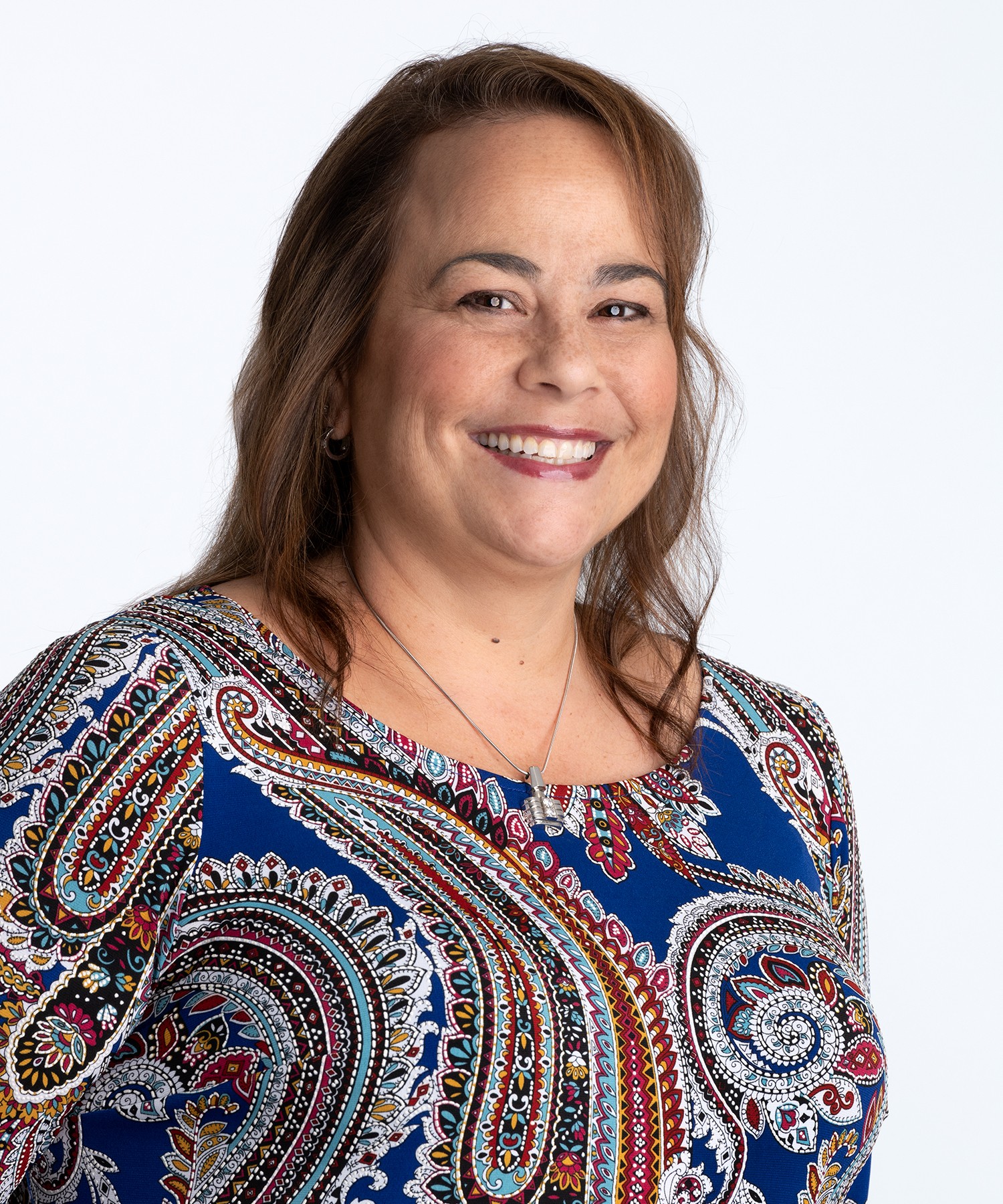
Barbara Schillo, Ph.D., Chief Research Officer, Truth Initiative
Dr. Barbara Schillo has nearly 30 years of experience in conducting applied research, managing research and public health programs and leading organizational management. At Truth Initiative, she leads the Schroeder Institute, a widely respected research center that powers everything the organization does, constantly evaluates its work to ensure effectiveness, and provides the crucial evidence base needed for policy change at the local, state, and national level. Schillo has special expertise in providing leadership for research that examines the impact of tobacco-related policies on youth and young adults. Prior to joining Truth Initiative, Dr. Schillo was a vice president at ClearWay Minnesota for 17 years, where she was instrumental in developing a nationally recognized research grant-making program and leading research efforts to advance policy. She provided leadership in disseminating and translating science into public policy and practice and led efforts to develop highly innovative quitting programs that have served as a model for other states. Dr. Schillo has a Ph.D. from Michigan State University in community psychology.
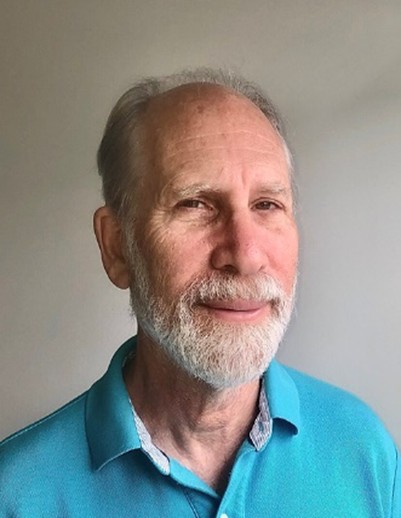
David Levy, Ph.D., Professor of Oncology, Georgetown University.
David Levy is a Professor of oncology in the Georgetown University School of Medicine, specializing in population health, and a member of the Cancer Prevention and Control Program at Georgetown Lombardi Comprehensive Cancer Center. Dr. David Levy received his PhD in Economics from UCLA (USA). He has published over 350 articles, including in the American Economic Review, BMJ, AJPH, JAMA, The Lancet, Tobacco Control, and PLOS Medicine. He has been principal investigator of grants from the FDA, CDC, WHO, the National Cancer Institute, and Bloomberg/Gates Foundation. He is currently a principal investigator of the FDA-sponsored Tobacco Center for Regulatory Science (TCORS), and is currently a principal investor on the NCI-sponsored International Tobacco Control Policy (ITC) Evaluation Project and the NCI-sponsored CISNET Lung Group. Dr. Levy oversees the design and development of the SimSmoke tobacco policy simulation model, which has been developed for over 40 countries covering 85% of the world’s population. He has recently developed the Smoking and Vaping model (SAVM) to evaluate the role of e-cigarettes. He is currently developing SAVM models for Canada, Japan, Korea, and New Zealand, and has recently published a series of papers on industry behavior focusing on the role of cigarette companies vs. independent companies and on the merger of PMI and Swedish Match.
Moderators:
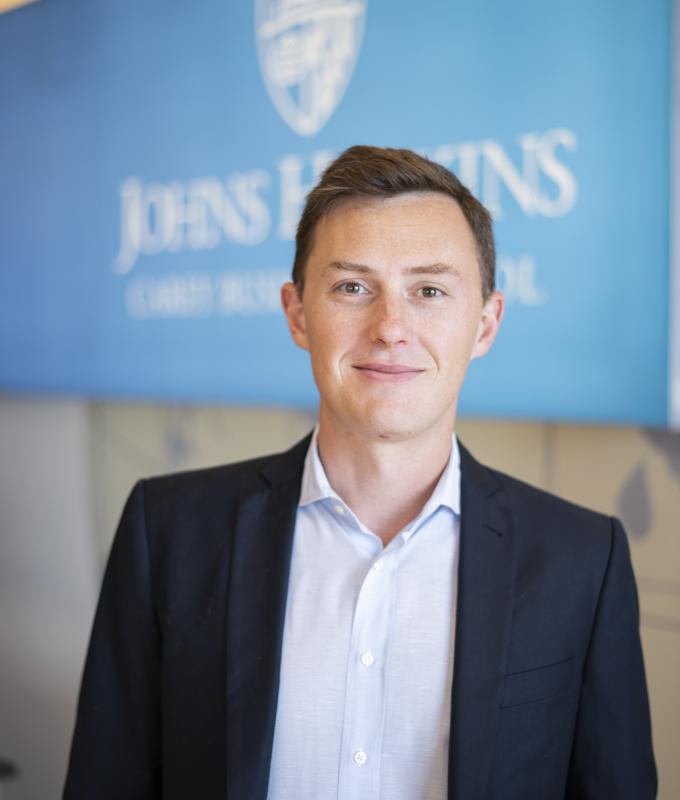
Michael Darden, PhD, Associate Professor, Johns Hopkins University, Carey Business School
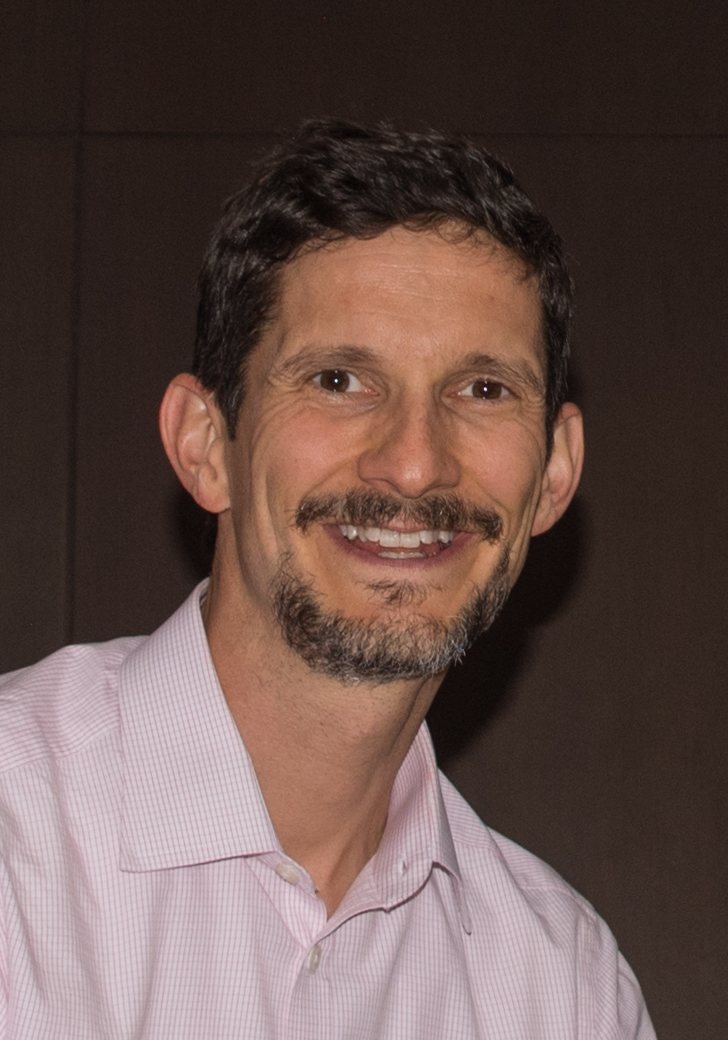
Jeffrey Drope, PhD, Research Professor, Johns Hopkins University, Bloomberg School of Public Health, HBS
The Hopkins Business of Health Initiative integrates the scholarship across Johns Hopkins University - through a partnership between the Carey Business School, Bloomberg School of Public Health, School of Nursing, and School of Medicine - around a shared vision of a healthier America, supported by an affordable and equitable, high-value health system. In pursuit of this vision, our work focuses on the role of business and incentives through rigorous, objective, non-partisan, interdisciplinary research. Learn more here.
